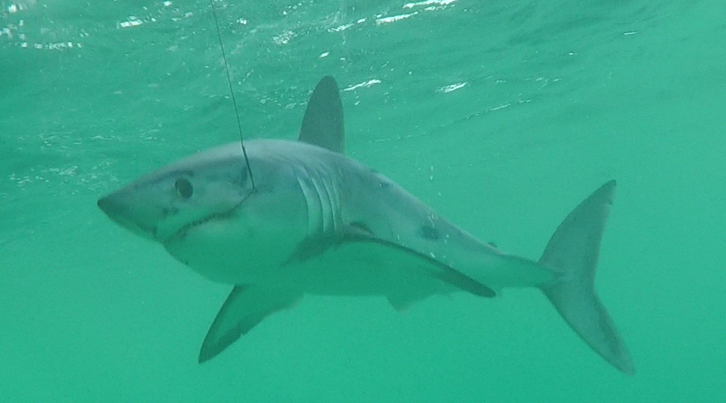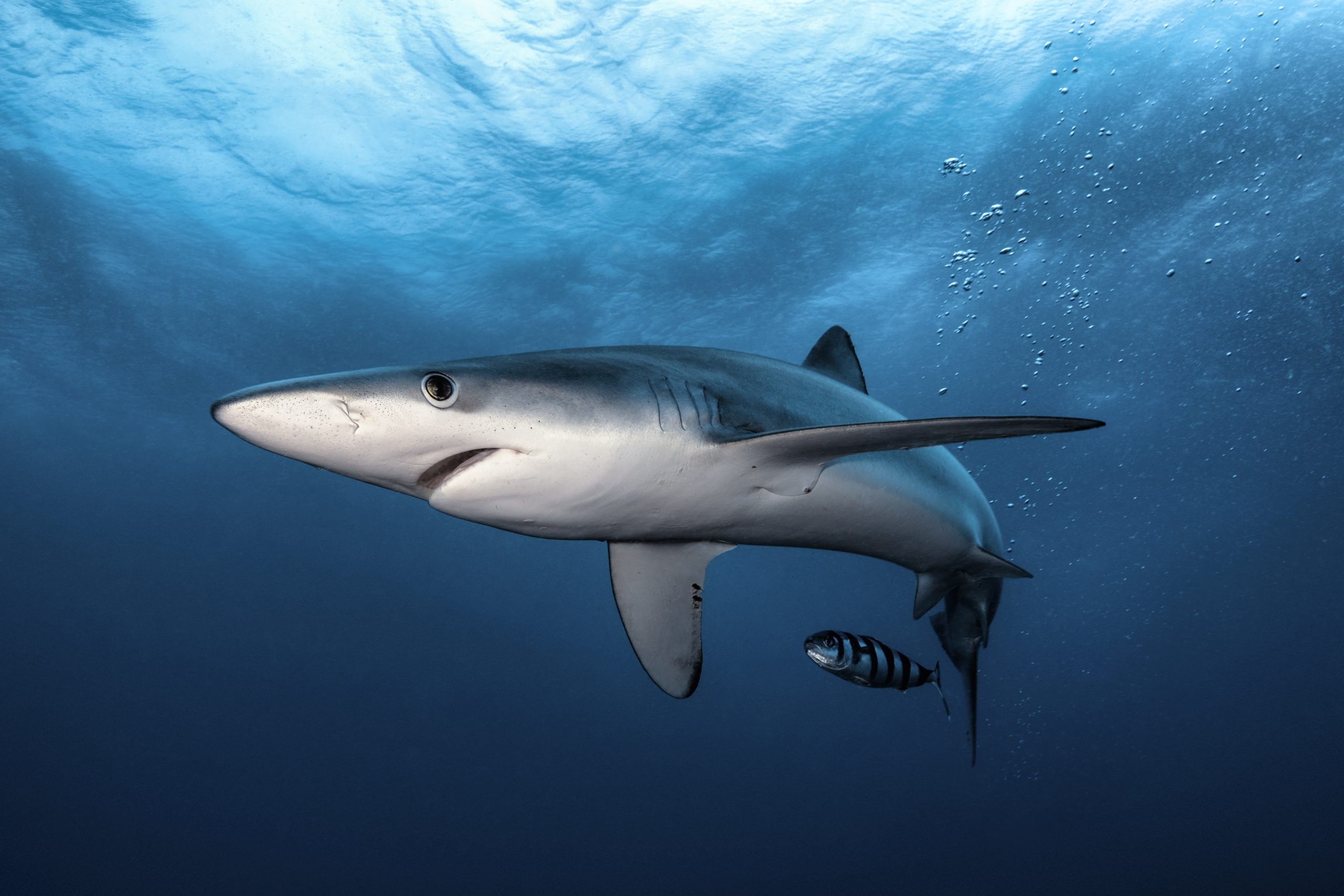
Marine
Shark Hub UK: Porbeagle Point of Capture Database Launched
As part of the Shark Hub UK collaboration a porbeagle point of capture database for private boat owners is launched today. You can access the database submission page here.
Porbeagle sharks (Lamna nasus) are an understudied species and as important stakeholders in UK fisheries management recreational anglers play an important role in developing our scientific understanding of these species.
It is anticipated that the data collected will be used to analyse trends over time and relationships with environmental variables, as well as to contribute to the international management body, ICCAT (International Commission for the Conservation of Atlantic Tunas), to safeguard porbeagle sharks against future commercial overexploitation. Data collected will also be used to publish scientific papers on porbeagle sharks by Shark Hub UK members.
It is important to note that this database is only available for entries from private boat owners. If you are a charter skipper and wish to supply shark point of capture data, please contact the Shark Angling Club of Great Britain or John McMaster to contribute to the Pat Smith Database.
Dr. Georgia Jones of Bournemouth University said “Data from recreational fisheries can provide a powerful tool in monitoring and understanding species occurrences, numbers and distribution, and this is exactly what is needed to manage and conserve data-poor species such as the porbeagle that have been greatly reduced in numbers by past targeted fisheries and are still under threat from current commercial bycatch. The start of this data collection is another way in which SharkHub UK is advocating for anglers and scientists together as equals, for sharks.”
Hannah Rudd of the Angling Trust said “This is an exciting next step for the Shark Hub UK collaboration and both shark angling and research here in the UK. Porbeagles are a relatively understudied species and anglers can play a crucial role in plugging the gaps in our scientific knowledge to better understand the species which will ultimately inform the management and conservation that will allow the fish we all love to thrive long into the future”
You might also like

Angling for Shark Science: Launch of Shark Hub UK

Survey for recreational sea anglers targeting all UK shark…

The Blue Shark: Wanderer of the deep blue

Angling for Shark Science: Launch of Shark Hub UK

Survey for recreational sea anglers targeting all UK shark…

The Blue Shark: Wanderer of the deep blue

Angling for Shark Science: Launch of Shark Hub UK

Survey for recreational sea anglers targeting all UK shark…









